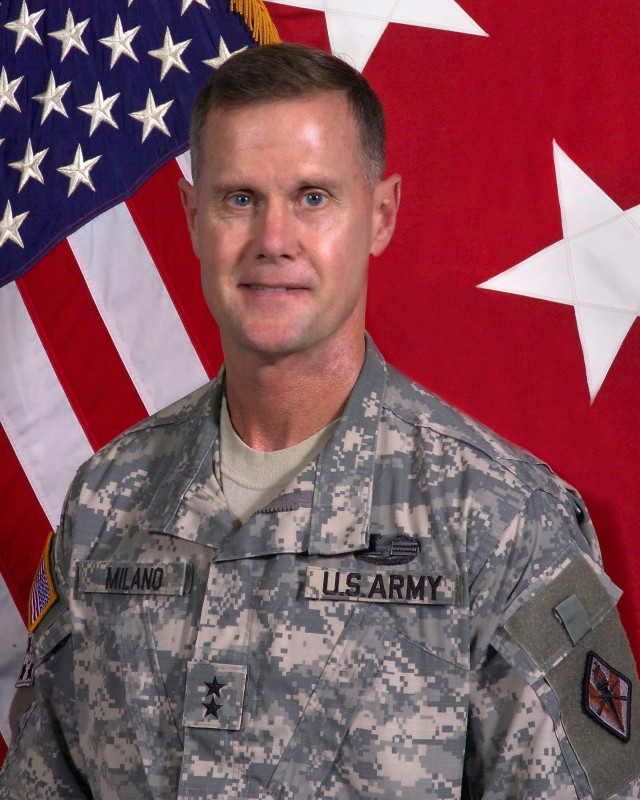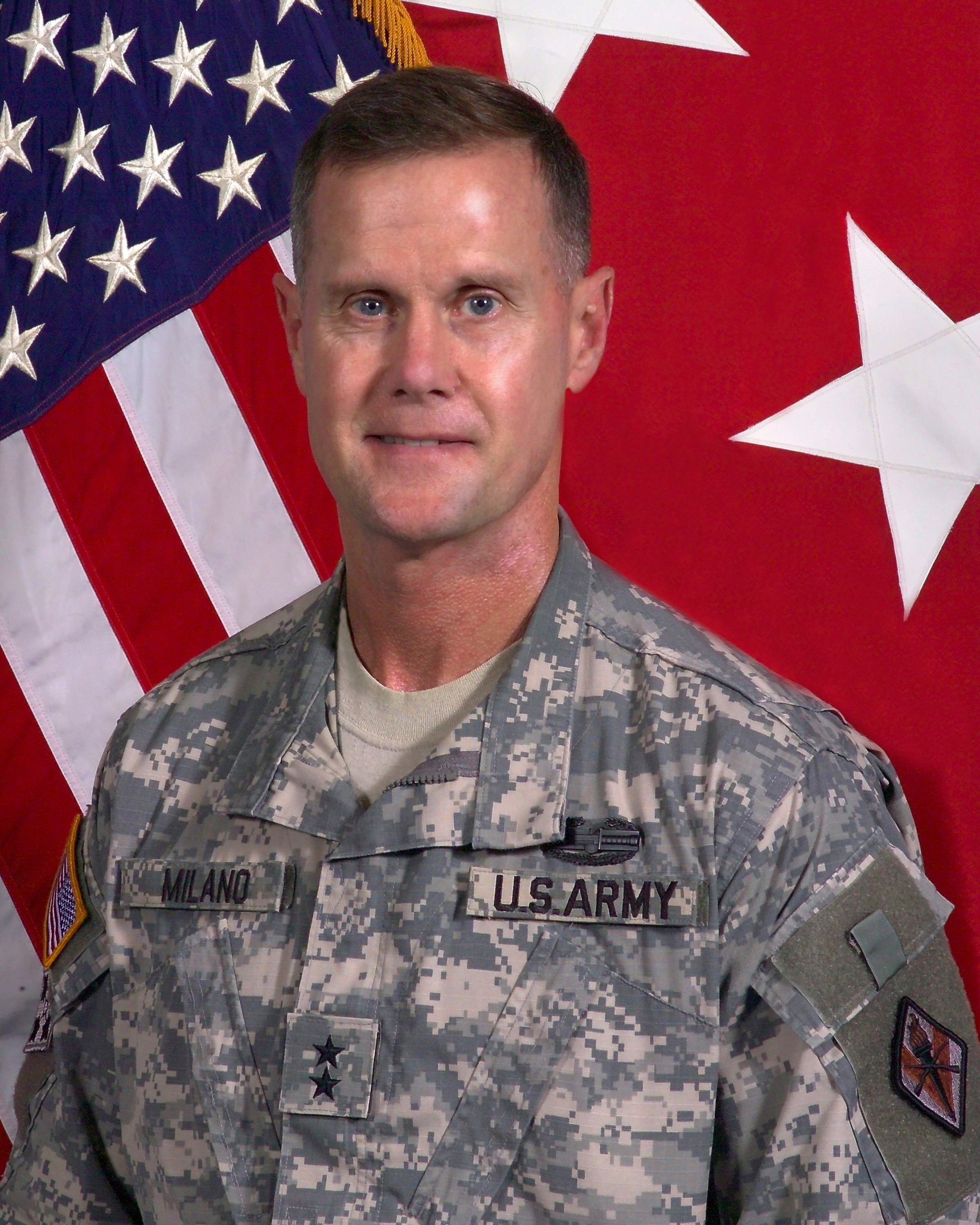FORT JACKSON, S.C. -- Every Army leader, Soldier and civilian needs to become familiar with the term "profession of arms," because you will be hearing a lot of dialogue during the course of this year on the subject as our Army revisits its doctrine and assesses itself as a profession. Gen. Martin Dempsey, commanding general of U.S. Army Training and Doctrine Command, has already begun a yearlong effort that examines not only the profession-of-arms concept, but also its attributes and the intrinsic meaning of being a professional.
Now that I have introduced some philosophical thoughts, you may be asking yourself why this is important to you and the Army's mission. For starters, it is time for our Army to take a retrospective look at itself and our profession. Army Chief of Staff Gen. George Casey determined it necessary so that we can refine our policies and programs following nearly a decade in which our country has been engaged in war.
Continuous operations in Iraq and Afghanistan have changed us as an Army. We are now in transition as we draw down our combat power in Iraq. As we transition, we know we must reflect on our strengths and our weaknesses as an Army and conduct a thorough self- examination of our profession, our Army culture and our professional ethic. We find ourselves doing some self-policing, because we are well aware that a competent force wins battles and a strong professional Army wins our country's wars.
TRADOC has the lead in this venture and will oversee quarterly Armywide profession of arms forums this year. An interim assessment is due in June. A final report, assessment update and recommendations will follow at the end of the year.
We have begun by creating a very important dialogue, one that will impact not only those who are currently serving but also future generations of Soldiers. The Profession of Arms campaign and its three lines of operation - assess dialogue, review and revise - will examine responses across the board to include feedback from officers, warrant officers, noncommissioned officers, Soldiers and civilians.
Various functions and activities will take place within the lines of operation to include forums, symposiums, reviews, conversations and related assessments. At the center of all the dialogue, three important questions are waiting to be answered:
- What does it mean for the Army to be a profession of arms'
- What does it mean to be a professional Soldier'
- After nine (soon to be 10) years of war, how are we as individual professionals and as a profession meeting these aspirations'
The results of this conceptual foundation will prepare us in a number of ways. Gen. Dempsey has made the point: "Our discourse on the profession will allow us to weave together our programs and converge on our fundamentals, to re-examine and recommit to the professional military ethic, to review how we are doing in developing leaders, and to enter into discourse about our roles and responsibilities."
Gen. Dempsey probably would refer you to a lesson learned, or one of the big awakeners for our Army - an incident that coincidentally occurred outside the Army - to illustrate the importance of "shifting from a reactive to proactive stance to recognize and influence change" before we are forced to adapt on others' terms.
Gen. Dempsey points to a New York Times editorial on last year's oil spill in the Gulf of Mexico. The editorial writer places much of the blame on a failure in leader development, executives who failed to see the conditions of increasing complexity in which company employees were operating. Gen. Dempsey fashioned that setting to our transparency downrange and a future operating environment that everyone agrees will grow more complex.
This raises questions that we must ask ourselves about how persistent conflict and transparency affect our understanding of what it means to be a professional Soldier.
Fueling the dialogue and debate will be five key attributes: expertise, service, values, trust and development. The objective is to assess each of these attributes at the individual, unit and institutional levels. What's really important - and even critical, I might add - is the feedback the Army receives.
The Army is anticipating plenty of discussion on the subject. In fact, last year there was a White Paper specifically written on the profession of arms to facilitate the Army-wide dialogue, which will continue throughout 2011.
Take into account that the Army has been around for 237 years. The Army Officer Corps was professionalized in the late 19th century though professional military educational systems as well as the Army War College.
In today's Army, professionalism has been extended through the development of our NCOs, warrant officers and many Army civilians.
By year's end, we will have learned enough for foundational purposes so that we can renew our understanding of our proud profession as we continue to move forward.
Army Strong and Victory Starts Here!


Social Sharing